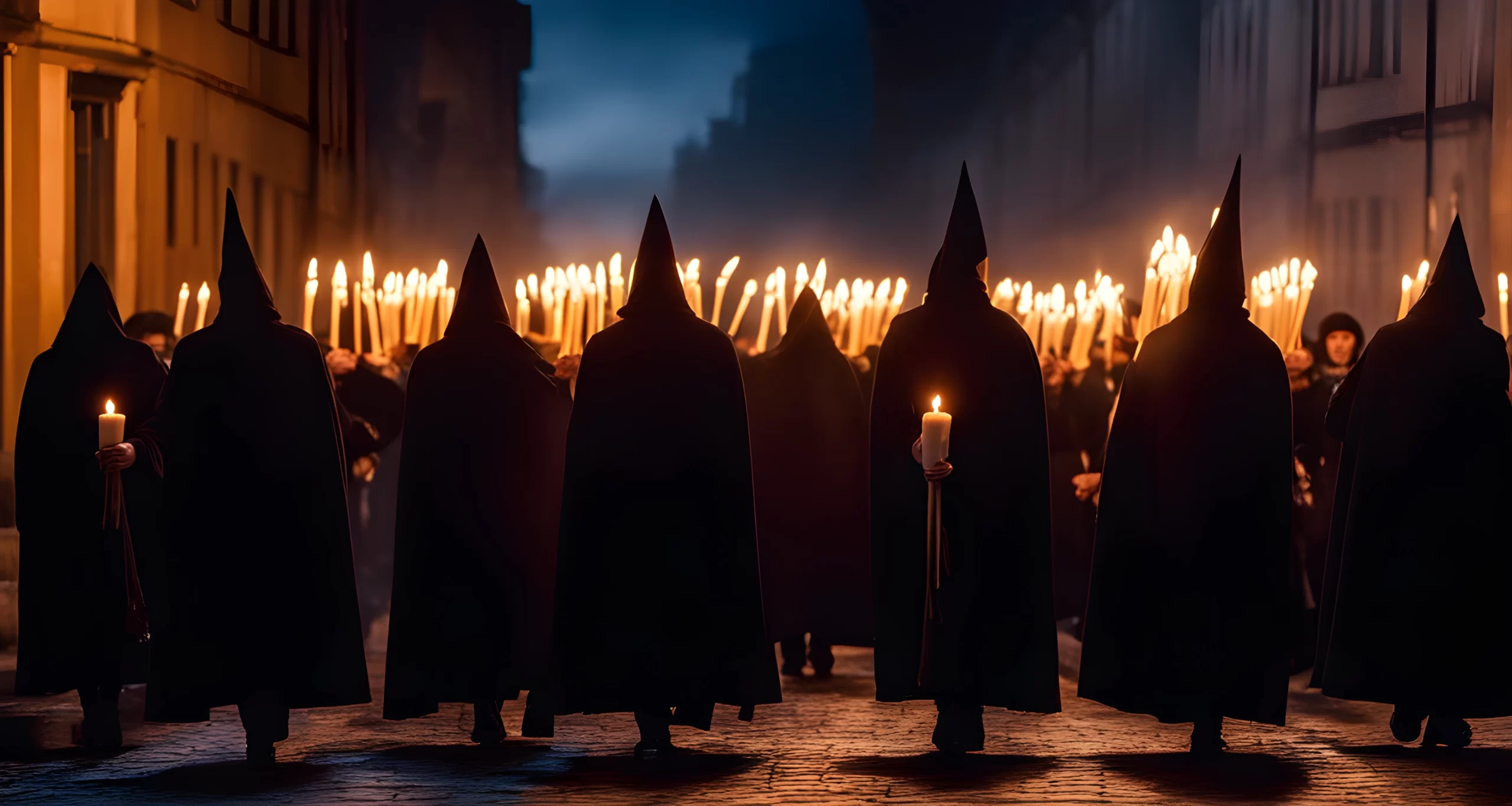Introduction
Opus Dei: Exploring the Controversial Catholic Sect
Opus Dei, officially known as the Prelature of the Holy Cross and Opus Dei, is a Catholic organization with a unique status within the Catholic Church. Its global membership is determined by personal criteria rather than geographical area, leading some to liken it to a ‘church within a church.’ This has invited controversy and criticism from some Catholic scholars who question the significant influence it wields.
Opus Dei is an organization that has sparked interest and debate among Catholics and non-Catholics alike. Its practices and beliefs have been a subject of fascination and concern, and its presence in popular culture has only added to its allure. In this article, we will delve into the origins, beliefs, practices, controversies, and portrayal of Opus Dei in popular culture.
To understand this controversial Catholic sect, we must first explore its origins and how it came to be. Additionally, we will uncover the beliefs and practices that set Opus Dei apart from other Catholic entities. The controversies surrounding Opus Dei will also be examined, shedding light on the criticisms and discussions that have surrounded this organization.
It’s important to note that Opus Dei has not only been a subject of scholarly debate but has also made its mark in popular culture. From literature to movies, its portrayal has often been sensationalized. To further understand the impact of Opus Dei on society, we will also explore how it has been represented in popular culture.
As we delve into this complex and controversial topic, it’s essential to approach it with an open mind and a critical eye. Understanding Opus Dei requires careful consideration of its history, practices, controversies, and portrayal in popular culture. False flags not just theories
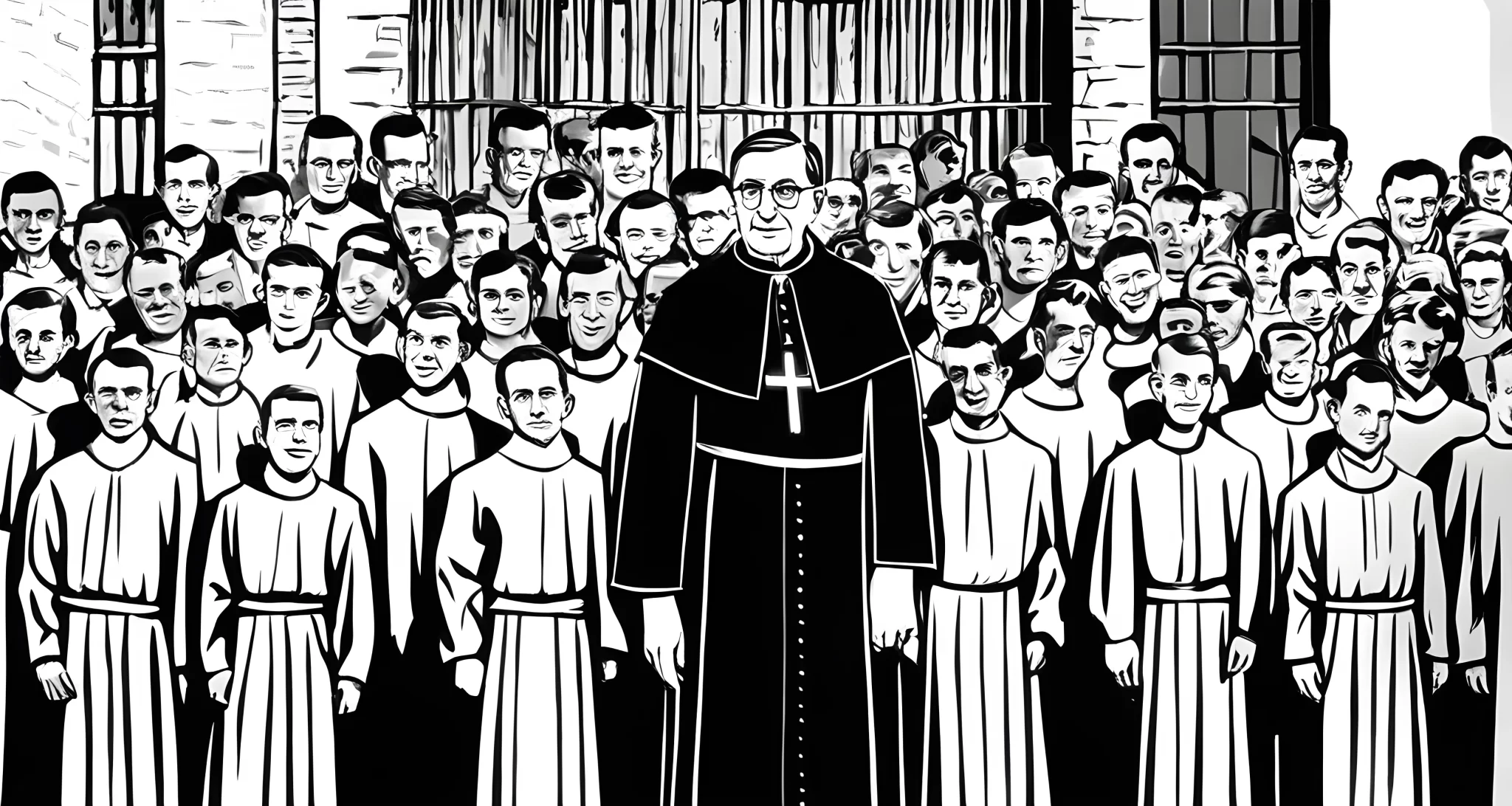
Origins of Opus Dei
Opus Dei was founded in 1928 by Josemaría Escrivá, a Spanish Roman Catholic priest. The organization was established with the belief that ordinary life is a path to sanctity and that everyone is called to holiness.
Conservative Teachings and Secrecy
- Opus Dei is characterized by its conservative teachings and secrecy, with members generally not publicly revealing their affiliation.
- The organization promotes a strong emphasis on personal spiritual growth and the integration of faith into everyday life.
Unique Status and Controversies
- Opus Dei holds a unique status as a ‘personal prelature’, which allows it to operate internationally with its own clergy and jurisdiction.
- However, its secretive nature has led to comparisons to Freemasonry and accusations of cult-like practices.
Comparisons to Freemasonry
- Some critics have drawn parallels between Opus Dei’s secrecy and the practices of Freemasonry, fueling controversy and suspicion around the organization.
Accusations of Cult-Like Practices
- Due to its secretive nature, Opus Dei has faced accusations of engaging in cult-like practices, with concerns raised about the influence it exerts over its members.
The origins of Opus Dei lay in the vision of Josemaría Escrivá, who sought to create an organization that would enable individuals to live out their faith in their daily lives. However, the organization’s distinctive characteristics and secretive nature have led to controversy and speculation about its true intentions. For more information about controversial religious movements, you can read about the Vaccination resistance movement.
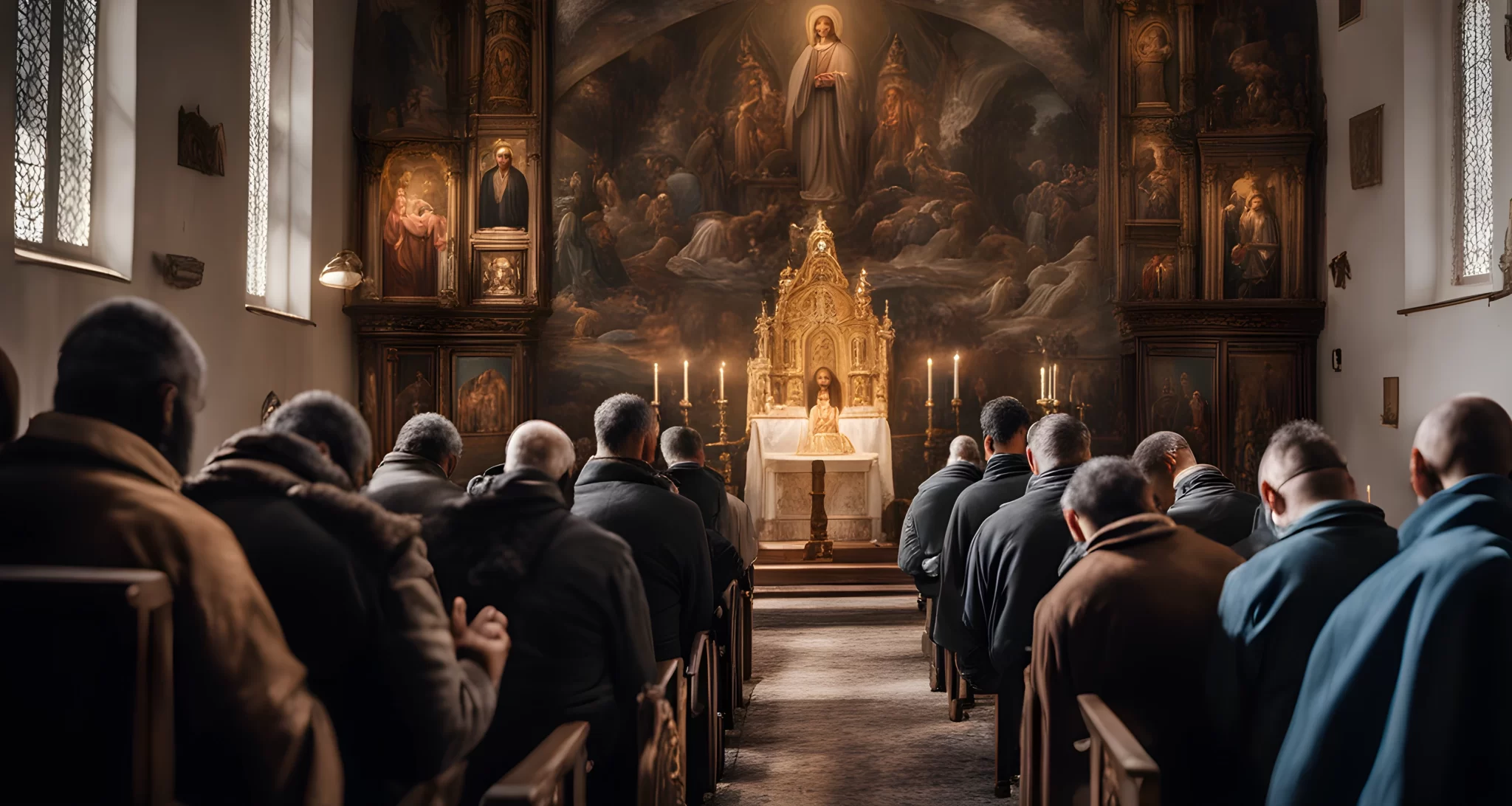
Beliefs and Practices
Opus Dei is an organization with conservative beliefs and practices. Its members are required to seek permission from their superiors before revealing their affiliation, and the organization does not disclose details about its activities and finances. Former members have reported controversial recruitment methods aimed at teenagers and the use of psychiatric drugs in its central headquarters.
Conservative Beliefs
- Opus Dei adheres to traditional Catholic teachings and promotes a conservative approach to faith and spirituality.
- Members are expected to integrate their religious beliefs into every aspect of their daily lives, including their professional and social activities.
- The organization emphasizes the importance of personal holiness and the pursuit of sanctity through ordinary work and daily life.
Secrecy and Confidentiality
- Members are forbidden from disclosing their affiliation without permission, and the organization does not publish membership lists.
- Opus Dei maintains a level of secrecy around its activities and finances, leading to speculation and controversy surrounding its operations.
Controversial Practices
- Former members have raised concerns about intense recruitment methods targeting teenagers, which have been perceived as coercive or manipulative.
- There have also been reports of the use of psychiatric drugs in the organization’s central headquarters, raising questions about its treatment practices.
Misleading of Lay Faithful
- Some former members have alleged that Opus Dei misleads lay faithful about their rights under Canon Law, leading to disputes over authority within the organization.
The conservative beliefs and practices of Opus Dei have been a source of controversy and debate. Critics argue that the organization’s secrecy and recruitment methods raise ethical concerns, while supporters emphasize its commitment to traditional Catholic principles. The controversies surrounding Opus Dei highlight the complex nature of faith-based organizations in contemporary society.
For more on the impact of controversial practices on individuals, see Manufactured memory controversy.
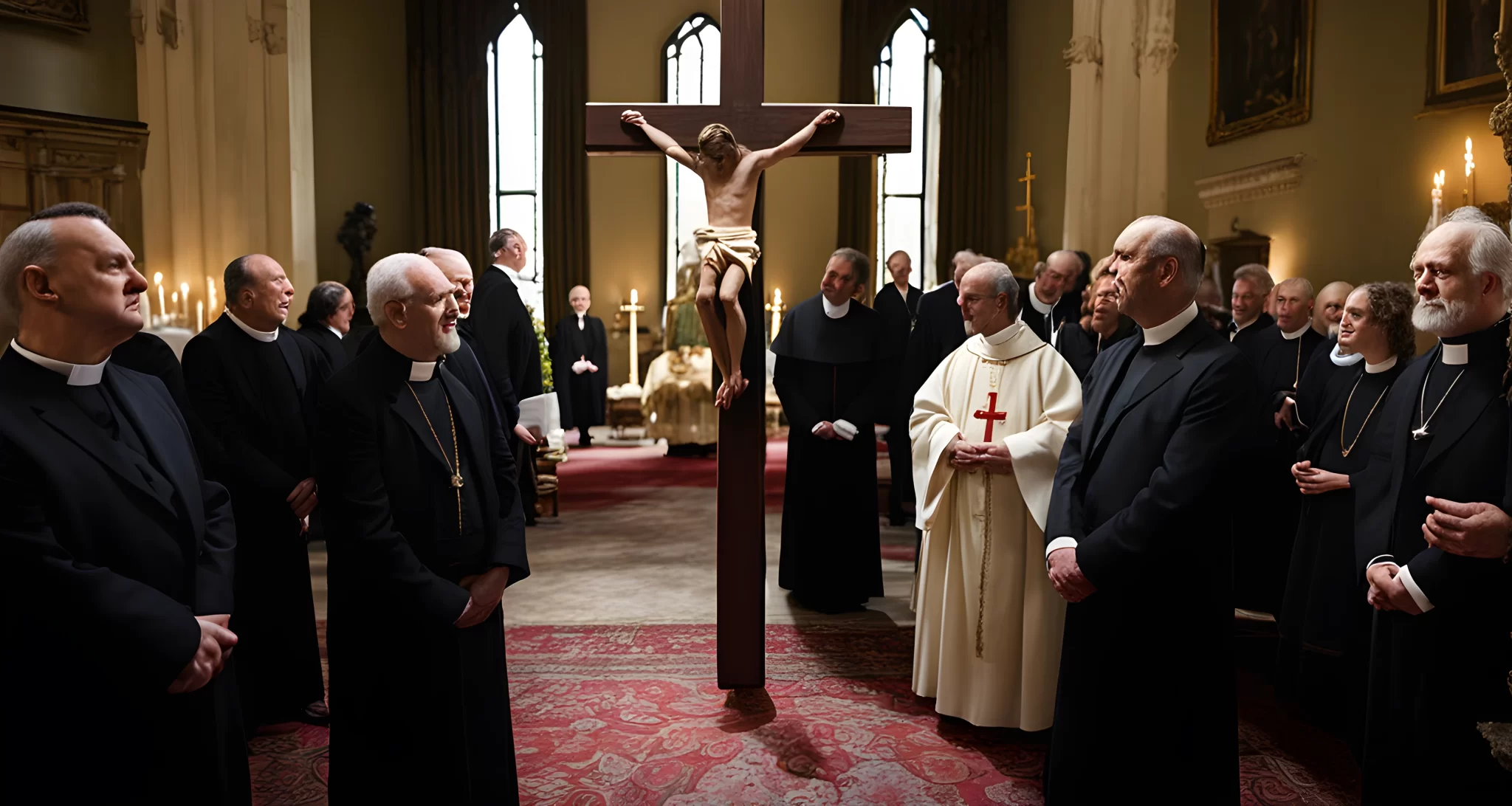
Controversies Surrounding Opus Dei
Opus Dei, a controversial Catholic sect, has been embroiled in various controversies throughout its history.
Support of Authoritarian Regimes
- Critics have raised concerns about Opus Dei’s support of authoritarian or right-wing governments, such as the Franco regime in Spain. This has led to questions about the organization’s political motivations and its adherence to democratic principles.
Influence and Secrecy
- Another point of contention is the organization’s perceived significant influence within the Catholic Church. Some critics have accused Opus Dei of being secretive to the point of resembling a cult. This has raised questions about transparency and accountability within the organization.
Despite these controversies, Opus Dei remains a powerful force within the Catholic Church, with a significant following and influence on church policies and practices.
To explore more on controversial organizations, you can check out this fascinating article on Large Hadron Collider doorway which delves into the mysteries of CERN and the Large Hadron Collider and its potential to open gateways to other dimensions.
By examining these controversies, it becomes clear that Opus Dei is a complex and polarizing entity within Catholicism, with both fervent supporters and vocal critics. These controversies add layers to the ongoing dialogue surrounding the role of religious organizations in modern society.
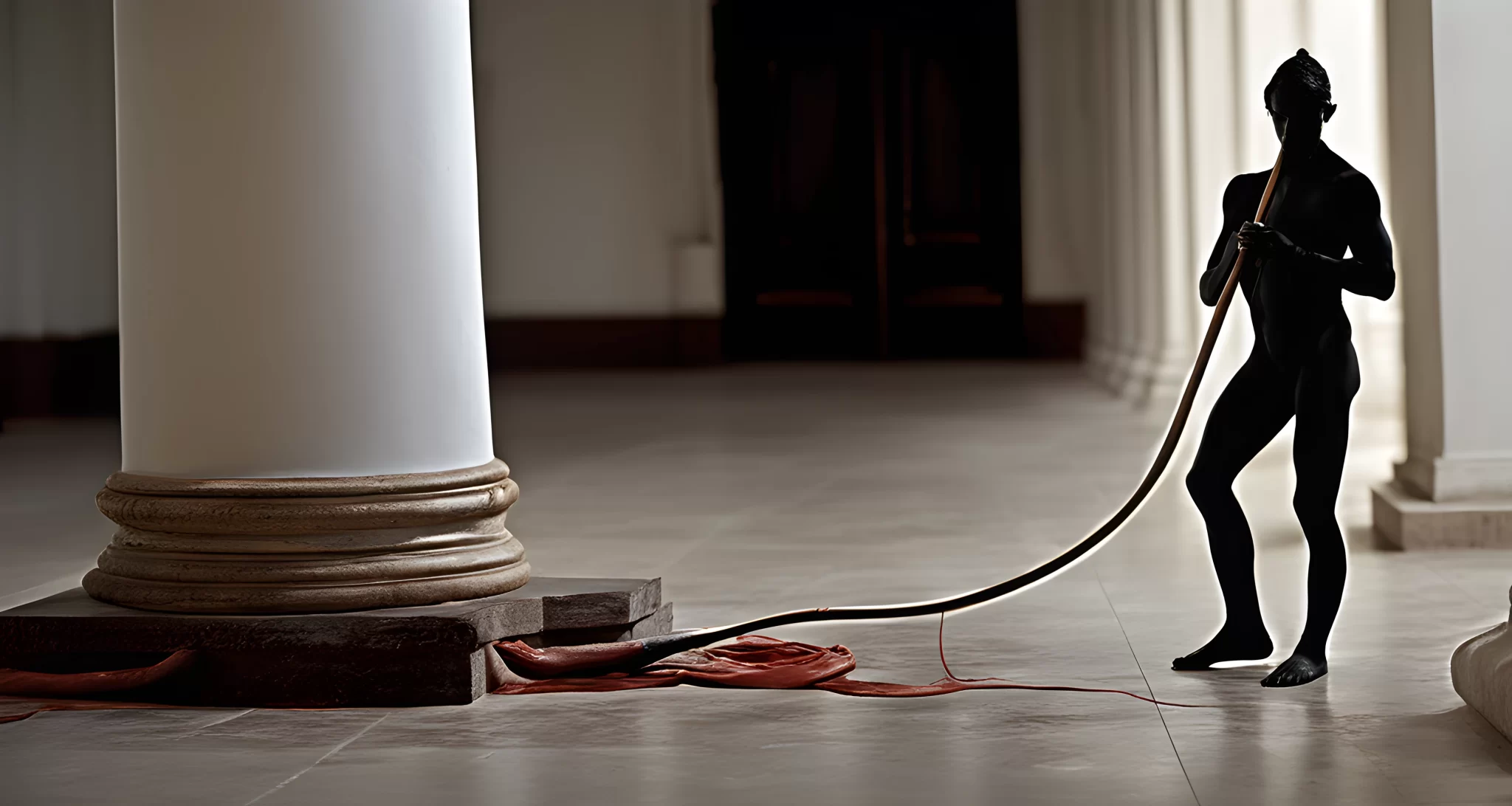
Opus Dei in Popular Culture
Opus Dei has been depicted in popular culture, including in the novel and film ‘The Da Vinci Code,’ which portrays the organization in a negative light. The secrecy and controversies surrounding Opus Dei have contributed to its portrayal in popular culture as a secretive and influential organization with questionable practices. These depictions have added to the public perception of Opus Dei as a controversial and mysterious entity.
Depictions in Popular Culture
- The portrayal of Opus Dei in ‘The Da Vinci Code’ has sparked widespread interest and debate about the organization’s practices.
- The secrecy and controversy surrounding Opus Dei have contributed to its depiction in popular culture as a secretive and influential organization.
Negative Portrayal
- In ‘The Da Vinci Code,’ Opus Dei is depicted as a secretive and manipulative organization involved in controversial activities.
- This negative portrayal has contributed to the public perception of Opus Dei as a controversial and mysterious entity Historical mystery unraveling.
Influence on Public Perception
- The portrayal of Opus Dei in popular culture has shaped public perception of the organization, leading to widespread curiosity and skepticism about its practices.
- The secrecy and controversies surrounding Opus Dei have contributed to its portrayal as a controversial and mysterious entity, further influencing public opinion.
In conclusion, the depiction of Opus Dei in popular culture, particularly in ‘The Da Vinci Code,’ has played a significant role in shaping public perception of the organization. The negative portrayal has fueled curiosity and skepticism about its practices, contributing to its controversial image.
FAQ
What is opus dei?
Opus dei is a catholic organization founded in 1928 by josemaría escrivá, characterized by its conservative teachings and unique status as a ‘personal prelature’ within the catholic church.
Why is opus dei controversial?
Opus dei’s secrecy, conservative teachings, and alleged cult-like practices have invited controversy, with some likening it to a ‘church within a church’ and criticizing its significant influence within the catholic church.
What are some criticisms against opus dei?
Opus dei has faced criticism for its secrecy, alleged cult-like practices, support of authoritarian or right-wing governments, and the use of intense recruitment methods aimed at teenagers.
How does opus dei maintain its influence?
Despite controversies, opus dei remains a powerful force within the catholic church due to its unique status as a ‘personal prelature’ and its conservative teachings.
